Dealing with death of a loved one is never easy. Not only has that person left your world, you’re then left with sorting out all of their stuff and dealing with relatives on top of your already stretched schedule. On top of that, if an executor gets it wrong, they may be held liable! It can be overwhelming even knowing where to start.
Whilst Merthyr Law can’t fill the void that comes with the loss of a loved one, we can help ease the administrative burden from you by letting you know what’s involved in each step of the process and taking over the legalities. Some people want Merthyr Law to transfer the title to real property and obtain probate (if necessary) and take care of most of the leg work themselves (with the Merthyr Law team in their court whenever needed) an others would prefer we are in the driving seat for the whole process.









